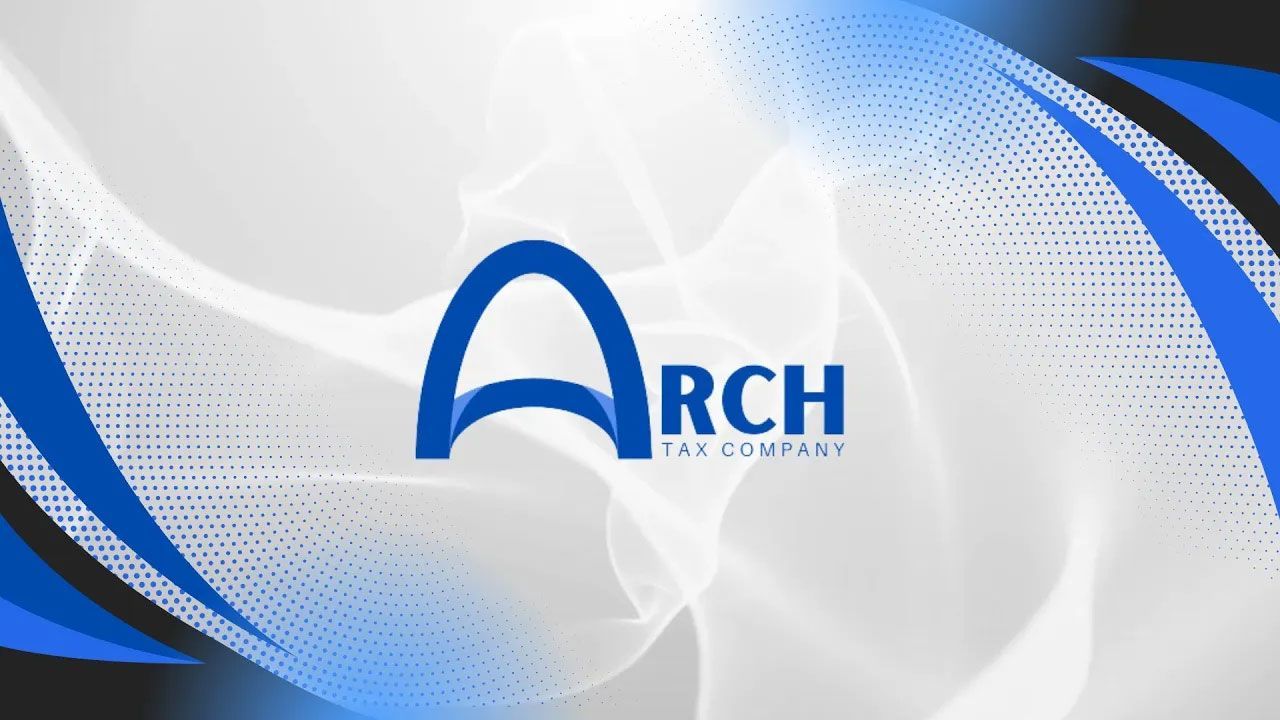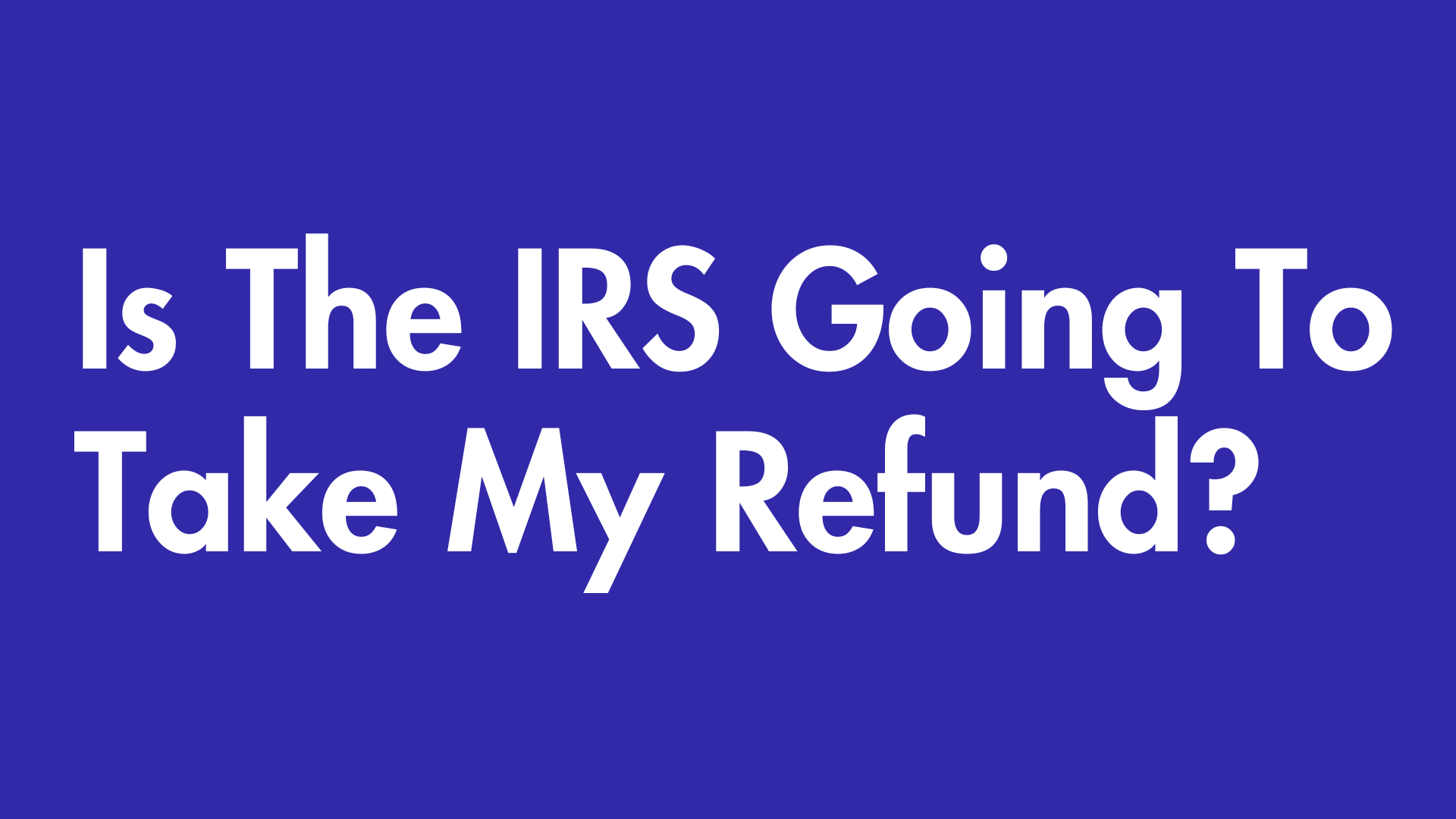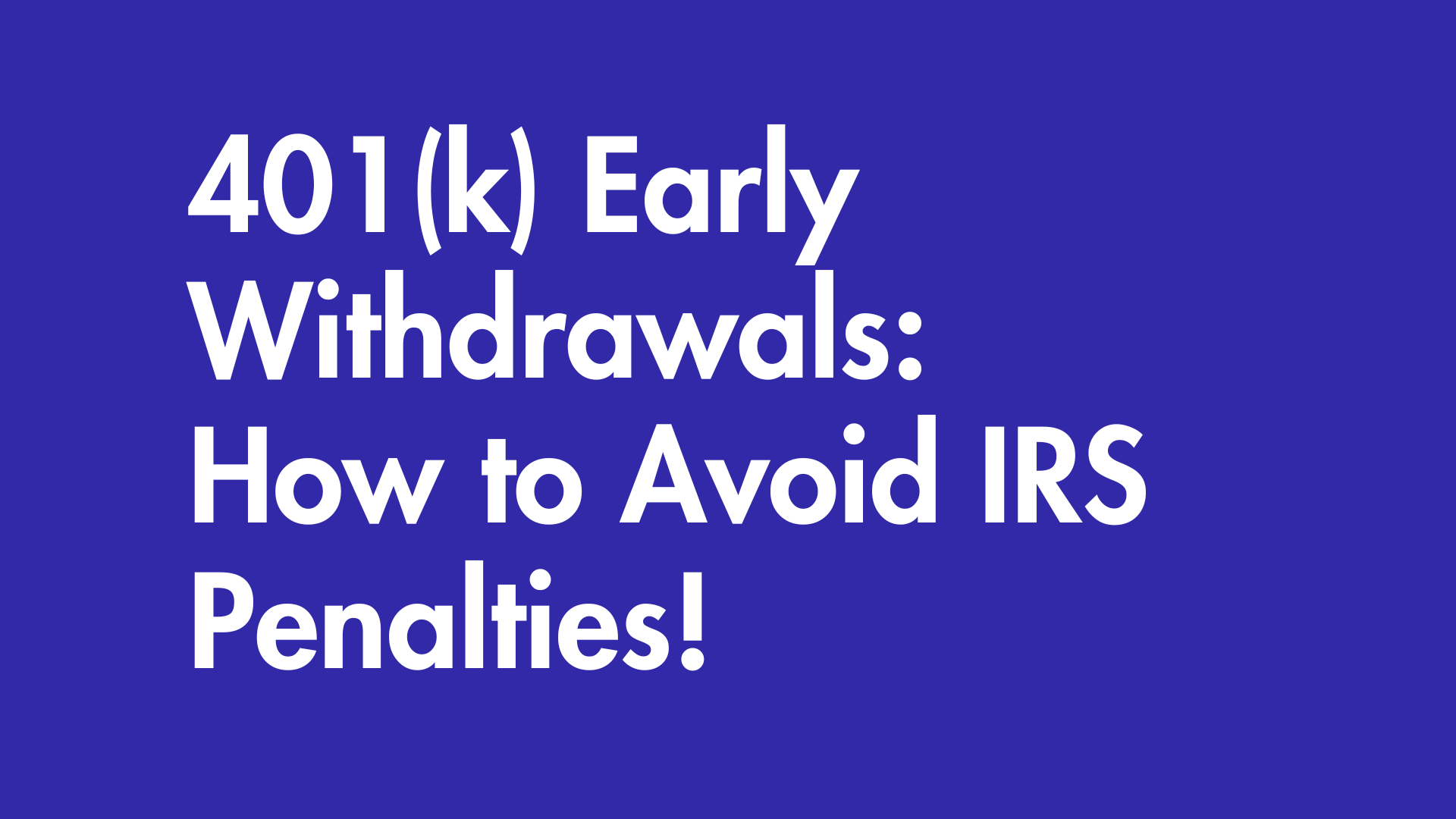The Value of Proactive IRS Audit Monitoring
What Is Proactive IRS Audit Monitoring?
Proactive IRS audit monitoring involves regularly reviewing your tax filings, financial activities, and IRS transcripts to identify potential red flags before they escalate into an audit. Think of it as an early warning system that keeps you ahead of the IRS by addressing issues before they demand explanations.
The Benefits of Proactive Monitoring
- Identify Early Audit Triggers
Proactive monitoring allows us to detect indicators of potential audits, such as discrepancies between reported income and third-party data (e.g., W-2s or 1099s). By analyzing IRS transcript entries that signal examination activity or review, we can take corrective action, such as filing amendments or gathering documentation, before the IRS escalates the issue. - Detect Pending Collection Actions
Monitoring IRS transcripts helps identify signs of collection activity, such as notices of intent to file liens or levy assets. These indicators, found in transcript updates related to compliance or unpaid balances, enable us to respond promptly, preventing severe enforcement measures like wage garnishments or asset seizures. - Ensure Compliance and Payment Accuracy
By reviewing transcript data for applied payments, penalties, and filing status, we can verify that all taxpayer records align with IRS expectations. This ensures accurate crediting of payments, timely resolution of any compliance gaps, and early intervention if discrepancies or penalties arise. Proactive attention to these details helps maintain financial integrity and prevent unnecessary interest or fees.
How Proactive Audit Monitoring Works
- Pulling IRS Transcripts
Accessing and reviewing your IRS transcripts provides detailed insights into your tax account, including filings, payments, and potential issues flagged by the IRS. - Reviewing Key Financial Documents
Examining W-2s, 1099s, and other financial documents ensures consistency between what you report and what the IRS sees. - Analyzing Risk Areas
Identifying trends or patterns that could raise audit concerns, such as excessive deductions or unusual income sources, is critical to staying ahead. - Continuous Oversight
With ongoing monitoring, you stay aware of any new IRS activities related to your account, such as liens, penalties, or other notices.
What Happens When We See Something
When a potential issue is identified during our proactive audit monitoring—such as discrepancies in your IRS transcripts, inconsistencies in reported income, or indicators of potential audit activity—we act immediately. First, we analyze the flagged item to determine its cause, whether it stems from filing errors, missing documentation, or third-party reporting mismatches. Next, we cross-reference the issue with IRS codes and guidelines to assess its severity and potential consequences. If corrective action is required, we initiate amendments, provide supporting documentation, or communicate directly with the IRS to preempt escalation. This systematic approach minimizes your exposure to penalties, interest, or further audit activity while maintaining compliance.
Why You Should Start Now
Proactive IRS audit monitoring is an investment in your financial health. It protects you from unnecessary stress, financial losses, and legal troubles by ensuring you’re always prepared and compliant. Whether you’re a small business owner, freelancer, or individual taxpayer, staying ahead of the IRS can save you time, money, and peace of mind.
Ready to take control of your tax situation?
Contact us today to learn more about our proactive IRS audit monitoring services and how they can work for you!









